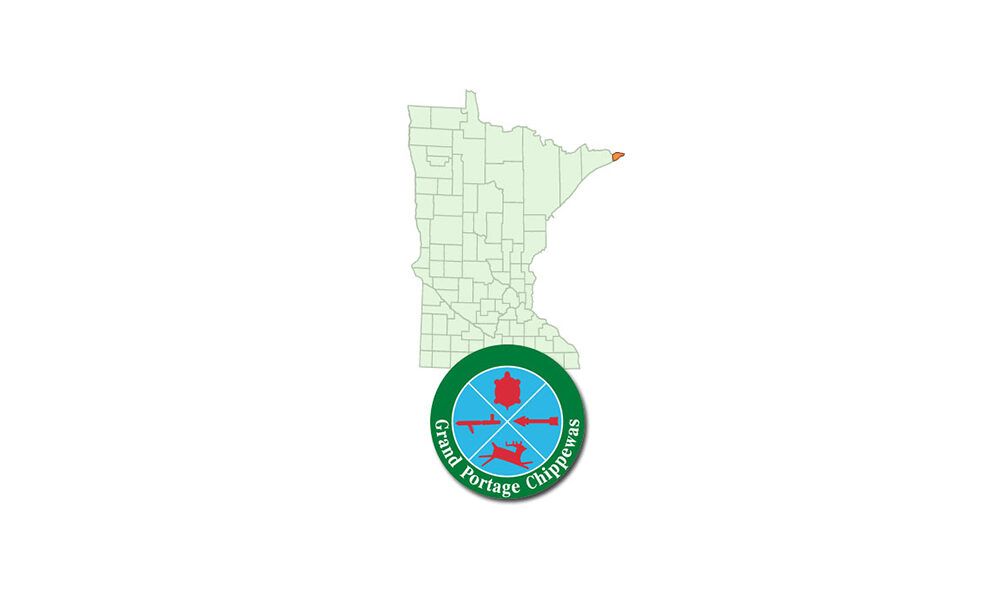This week on the Minnesota Native News health report, we look at an Ojibwe band on the most northeastern edge of the state and how it was affected by the pandemic. I’m Dalton Walker and here’s this week’s story.
A couple of hours drive north of Duluth, tucked away along the shore of Lake Superior and near the Canadian border, is the homelands of the Grand Portage Band of Lake Superior Chippewa. Grand Portage is one of seven Ojibwe bands in Minnesota and the smallest. The tribe is home to about 500 citizens.
Council member John Morrin has served for more than 20 years. He said the last year has been challenging as the tribe took near-immediate precautions once the pandemic hit Minnesota.
“We took the virus seriously, basically shut down Grand Portage. We shut down our store, had limited hours, we shut down our casino, shut down just about everything,” said Morrin.
The shut down worked for the health and safety of the community. No deaths connected to the coronavirus have been reported.
“Those precautions we took over a year ago now, we’ve only had one case in Grand Portage. And in fact, that wasn’t a case within the community but was a case of a girlfriend that came to visit a band member one weekend and that’s how he got exposed. She found out later that she got exposed. But basically, one case like that in over a year, so I would have to say, we have a community that really took it seriously and took serious precautions to keep our community safe, and it paid off,” said Morrin.
Like many tribes and communities, the shutdown affected revenue. The casino was closed for nearly four months. With the border still closed, a large chunk of gaming revenue from regular Canadian visitors has stopped. Reserves and federal and state relief has helped, but the tribe has been in a crunch since, Morrin said.
“We’re patiently waiting for Trudeau and Biden to work something out and open up that border. We think, maybe, we’ve heard, middle of May. Not going to hold my breath; possibly by the Fourth of July. But we would really appreciate that border being opened, that’s basically our revenues,” said Morrin.
The tribe is looking at other potential revenue streams, like maximizing outdoor recreational opportunities. Grand Portage is a vacation destination throughout the year. It’s home to the picturesque Grand Portage State Park and a ferry ride to Isle Royale National Park.
Tourism to the area could be coming back in the coming months as the state and the country continue to get vaccinated.
The tribe has better vaccinated numbers than the state.
Grand Portage worked with Indian Health Service for its vaccine rollout. Morrin said 90 percent of the tribe has been vaccinated and the leftover vaccine was shared with the county.
“That’s who we are, culturally, we help everybody. It’s kind of an educational process too, we keep pushing. Hey, we are still here, and this is who we are, beautiful people,” said Morrin.
Dalton Walker reports for the Minnesota Native News Health Report


 Daniel Jourdain’s Gift for Supporting Diverse Community through Politics and Policy Making
Daniel Jourdain’s Gift for Supporting Diverse Community through Politics and Policy Making